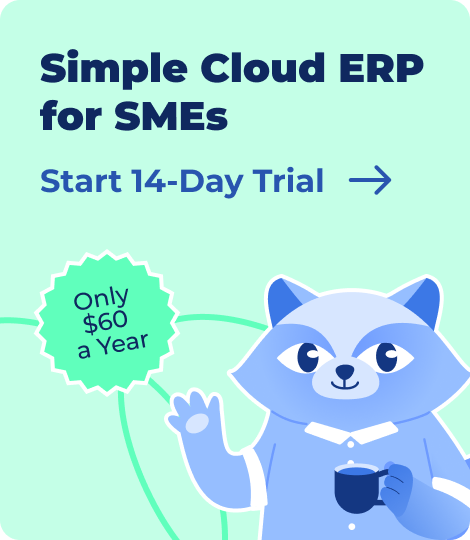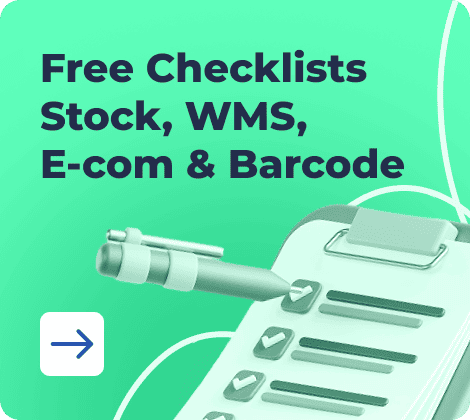Malaysian Small and medium enterprises (SMEs) can feel that the growth is within their reach. But then, daily operations often feel cluttered and disorganized. Teams juggle inventory spreadsheets, scattered sales records, manual approvals, and the cracks show.
The result is delayed shipments, missed financial insights, and frustrated staff. This is why SMEs in Malaysia need ERP software to make a difference.
ERP provides a single, connected view across departments, streamlining everything from inventory to finance. Also, TMEF pointed to the Small and Medium Enterprises Association Malaysia (SAMENTA), quoting that many SMEs lack IT savvy. The National Secretary, Yeoh Seng Hooi, also emphasized the ineffectiveness of investments in ERP.
And that’s bound to happen when the ERP market here is crowded and you lack the right knowledge to make an informed choice. Local vendors, global brands, and cloud-based players make it difficult to choose what fits your business.
Read one and find out more about ERP in Malaysia! Be it knowing why businesses need it, exploring the best ERP tools in Malaysia in 2026, and even choosing the right one.
Why Malaysian Businesses Are Investing in ERP
The ERP shift in Malaysia isn’t just about staying trendy with new tech. For many SMEs, it’s about survival, efficiency, and getting their operations under control.
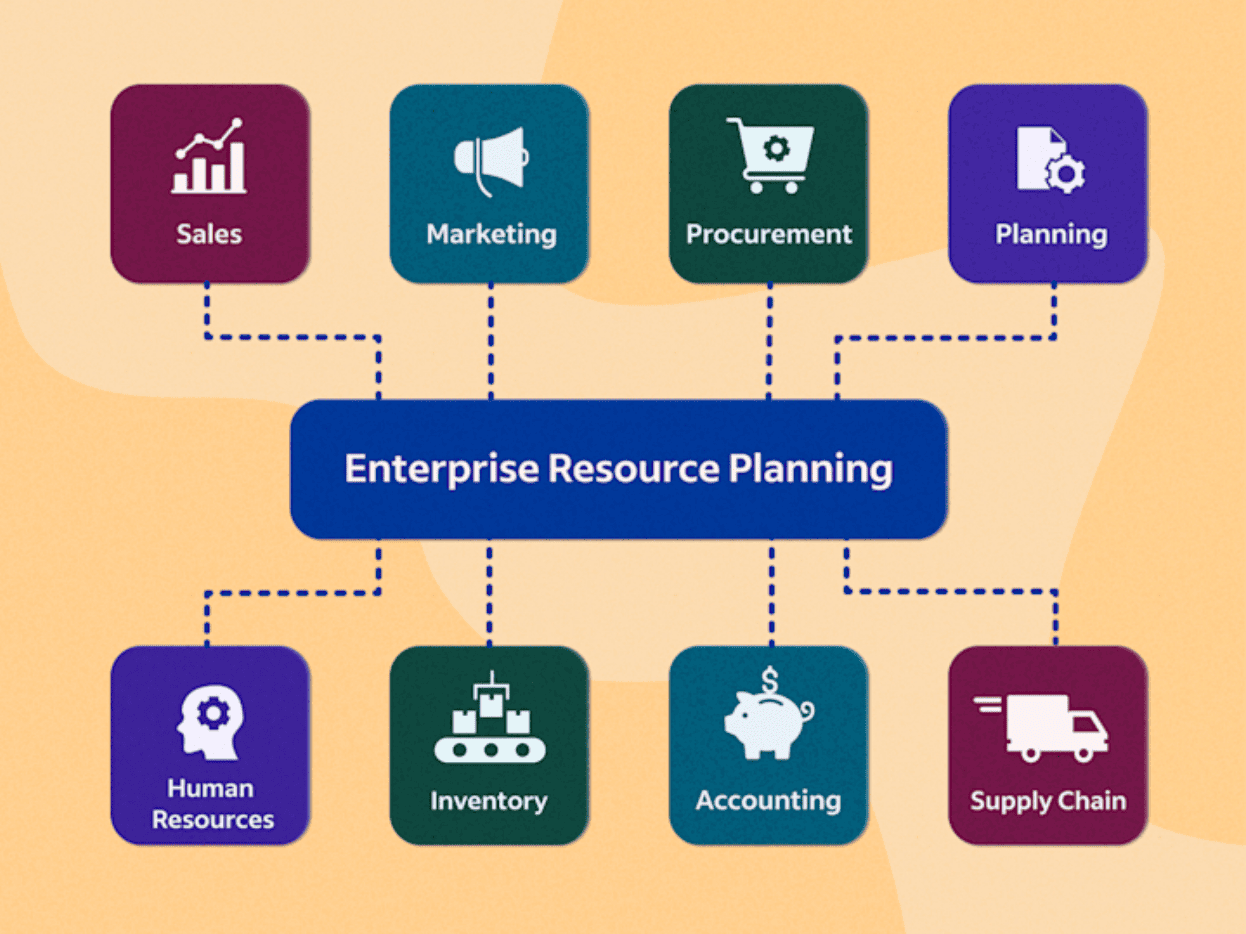
Example:
A small textile manufacturer in Penang may be able to handle everything on paper or whiteboards. Raw materials are tracked manually. Orders are updated over WhatsApp. Inventory logged in Excel.
That could work for a while, but as orders increase, delays can pile up. Also, that’s when the mistakes start slipping through.
Now, take an F&B distributor in Klang. They would be managing Halal certifications, tracking expirations, and coordinating shipments across multiple warehouses. Without a system tying all that together, things can get overwhelming. Here, ERP software can act as a command center.
So, instead of having finance in one place, inventory in another, and sales data floating separately, ERP pulls them into a single, integrated view. It’s less about adding more tools and more about reducing mess.
For electronics wholesalers, ERP helps manage e-commerce orders, warranty claims, and customer service all at once.
In short, Malaysian businesses are facing a turning point. They can either keep managing things manually and risk being stuck, or navigate different types of ERPs that grow alongside you.
Here are some challenges ERP can overcome for SMEs in Malaysia.
Local Business Challenges
- Many Malaysian SMEs still run on manual workflows or Excel, making process coordination hard.
- Tools like SQL Account and UBS are widespread but often lack deeper operational integration.
- Family-owned businesses may delay system upgrades due to traditional mindsets or generational gaps.
- Price sensitivity pushes companies to seek modular ERP systems that they can scale over time.
Regulatory and Compliance
- SST compliance adds complexity to finance processes.
- With e-Invoice requirements rolling out in phases (2024 onwards), ERP systems help businesses stay audit-ready.
- Some industries need bilingual software (Bahasa Melayu and English), especially in workforce-heavy sectors.
- Halal logistics, F&B hygiene, and other sector-specific rules require configurable ERP workflows.
Regional Preferences
- Point of Sales (POS) system integration is a must-have for many Malaysian retailers.
- Inventory systems need multi-location tracking to support central warehouses and branch outlets.
- Payroll and HR integration (EPF, SOCSO, EIS) is frequently requested to meet local statutory requirements.
- Cloud ERP with offline capabilities is crucial for companies outside the Klang Valley, where internet access is often unreliable.
ERP Implementation Dynamics
- Many SMEs prefer local ERP vendors or resellers who can deliver on-site setup and in-person training.
- Bahasa Melayu support is often expected, particularly outside urban hubs.
- Due to limited budgets, SMEs usually aim for a fast return on investment, often within 3–6 months of deployment.
Best ERP Systems in Malaysia
Choosing ERP software should not rely solely on selecting a well-known name or opting for the most expensive solution. You need to focus on what fits your business stage, needs, and growth plans.
We’ve curated a list of the best ERP systems in Malaysia across different industries, budgets, and company sizes.
1. Kladana ERP
Kladana is an SME-focused, cloud-based ERP offering modules for BOM, inventory, production, and sales. Best for small to mid-sized manufacturers and retailers looking for an affordable solution with a free plan option. Supports integration with local tools.
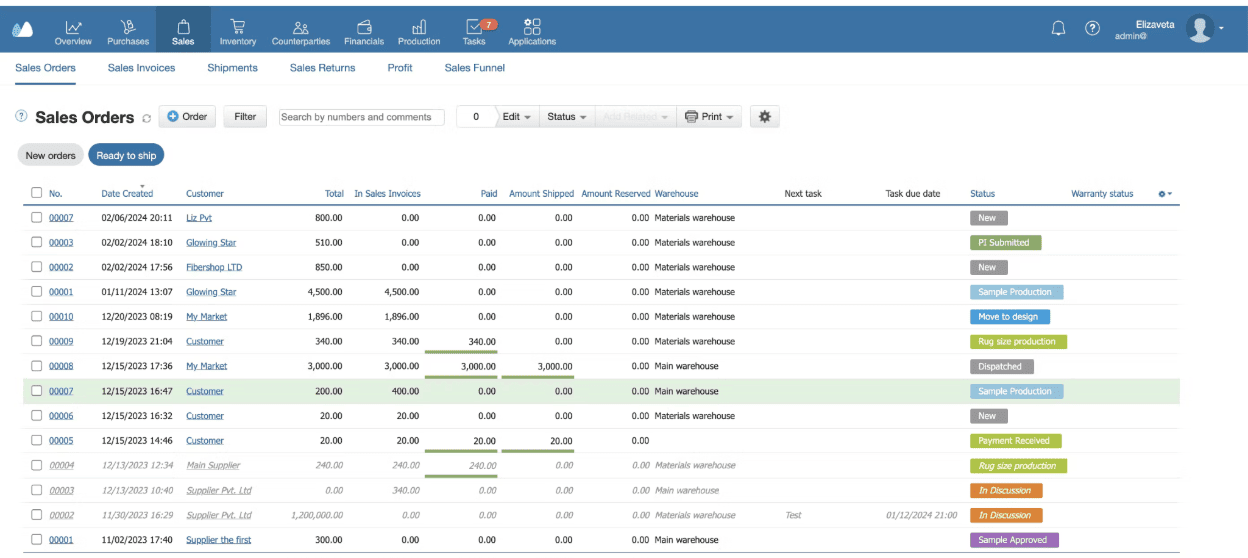
- Who it’s for: Small to mid-sized manufacturers, D2C brands, and distributors in Malaysia looking for an affordable, cloud-based ERP.
- Key strengths: Lightweight BOM, production, and inventory modules; easy-to-use cloud interface; free plan available; designed for SMEs; integrates smoothly with Shopify and other e-commerce platforms.
- Pricing & free plan: Free basic plan for small businesses.
Paid plans start at SME-friendly rates ($60 per year) + a 14-day free trial.
2. SQL Account + ERP
A familiar name for Malaysian businesses, especially for those already using SQL Account. It also provides ERP add-ons for inventory, sales, and basic production management.
This one is ideal for teams needing accounting + ERP in one place.
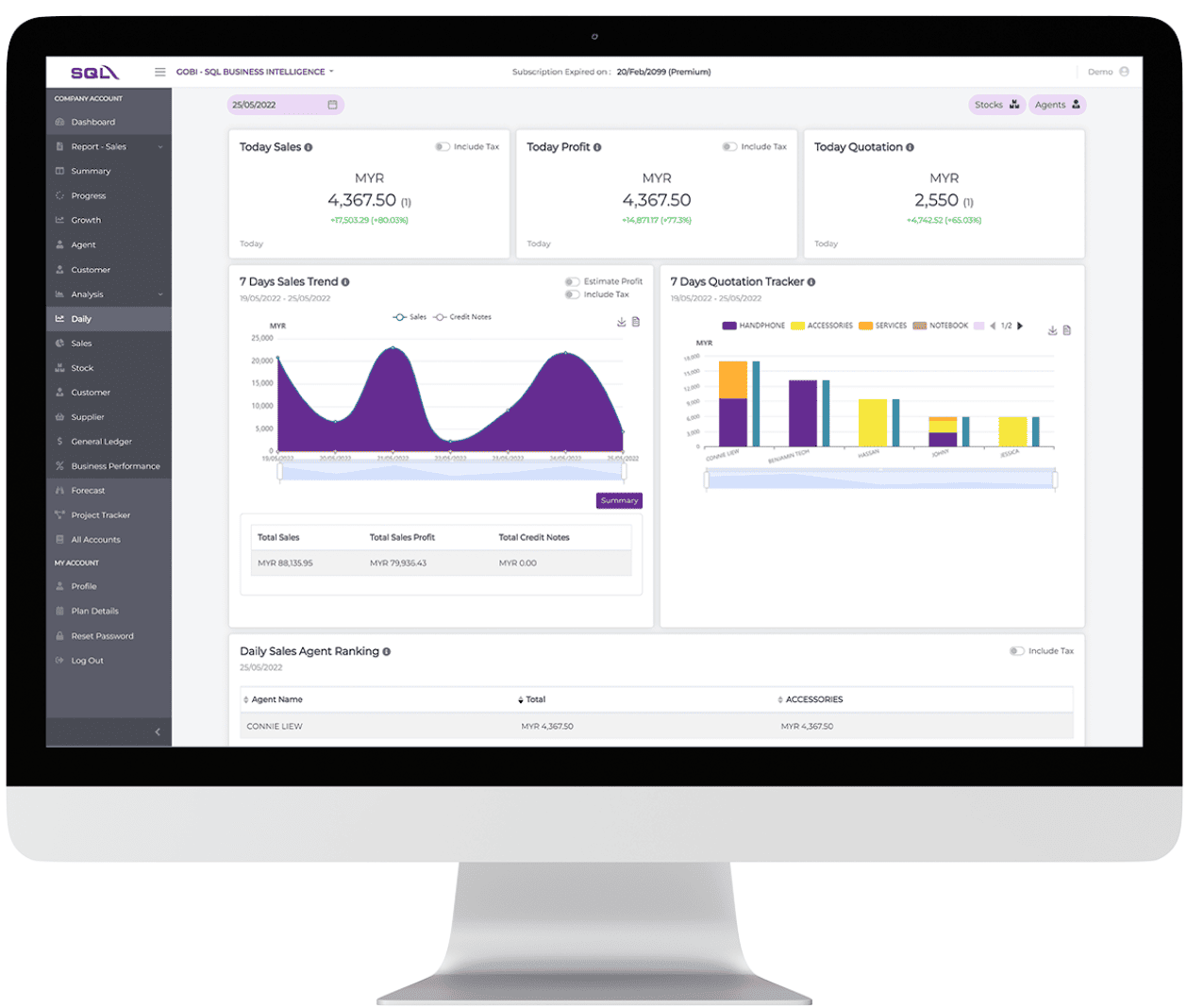
- Who it’s for: Malaysian SMEs already using SQL Account who want to extend into ERP functions without switching platforms.
- Key strengths: Local support, familiar accounting interface, strong tax and compliance features, scalable with ERP add-ons.
- Pricing & free plan: No free plan; pricing available on request via local partners; demo available.
3. SAP Business One
Enterprise-level solution with deep functionality across industries. There’s also a fair bit of local support available through Malaysian partners.
Best suited for mid-sized to larger companies that require scalable, robust features.
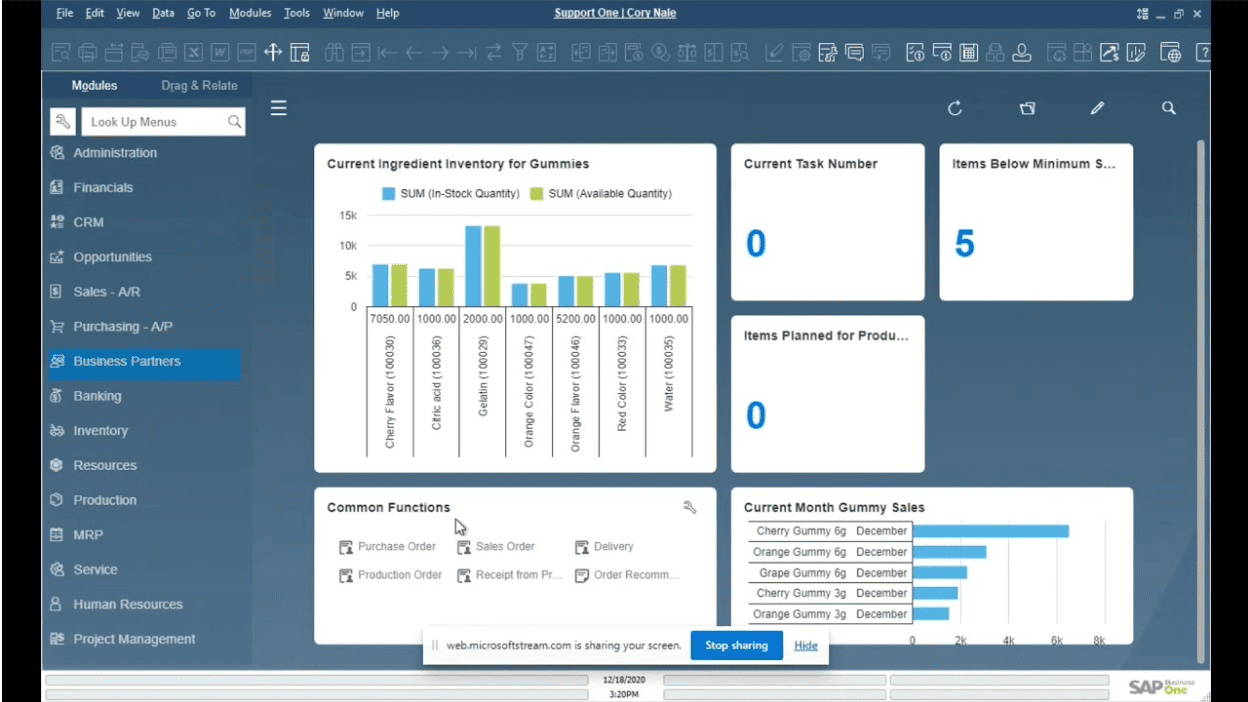
- Who it’s for: Mid-sized and large enterprises needing a robust, enterprise-level ERP with deep vertical modules.
- Key strengths: Comprehensive modules across finance, inventory, CRM, HR; strong analytics; wide partner support in Malaysia; global scalability.
- Pricing & free plan: No free plan; customized enterprise pricing; demos offered through Malaysian SAP partners.
4. HashMicro ERP
HashMicro is a Singapore and Malaysia based ERP that is well known for the customization it offers. It offers inventory, HR, finance, and CRM modules, suitable for companies that require flexibility and local support.
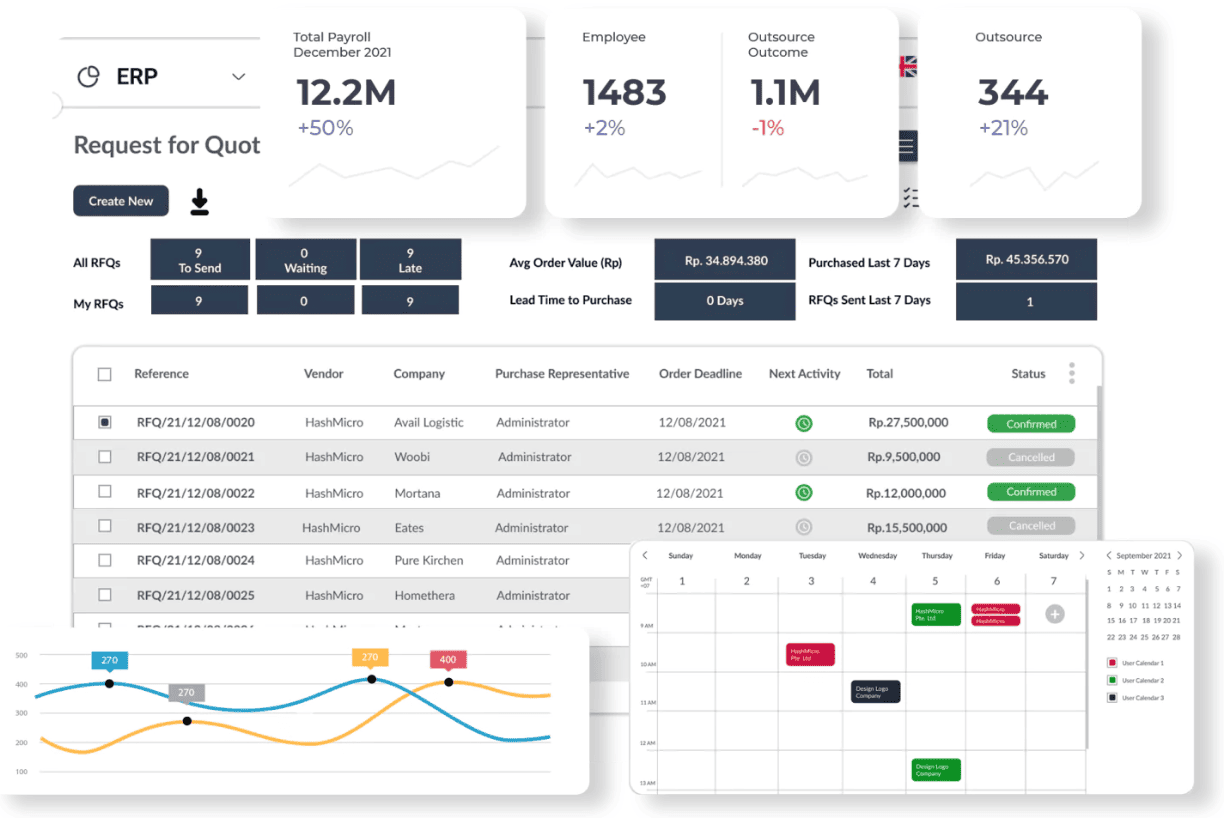
- Who it’s for: SMEs and mid-sized firms needing a customizable ERP with local support in Singapore and Malaysia.
- Key strengths: Modular setup (finance, HR, CRM, inventory); local implementation support; good reputation in F&B, trading, and distribution sectors.
- Pricing & free plan: Pricing on request; offers free product demos and consultations.
5. Odoo
Open-source ERP with a wide range of modules. Strong local partner network in Malaysia. Works well for companies that want extensive customization options and developer support.
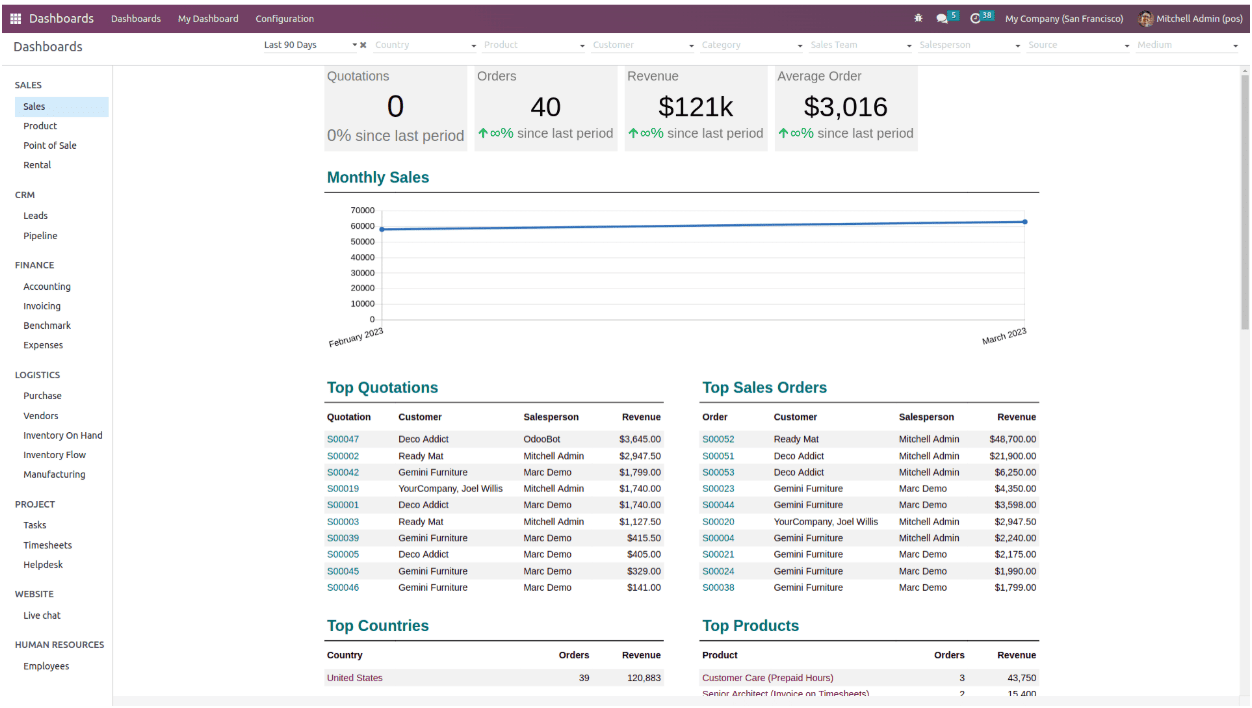
- Who it’s for: Companies looking for an open-source ERP with extensive modules and strong customization options.
- Key strengths: Wide range of apps (sales, accounting, project, inventory); open-source flexibility; active Malaysian partner network.
- Pricing & free plan: There’s a free community version and also a paid enterprise version that’s available with modular pricing (starting from around $14 per user/per month).
6. Acumatica
Cloud-first ERP with a reputation for scalability. Best for fast-growing companies looking for modular solutions that can evolve as business needs expand.
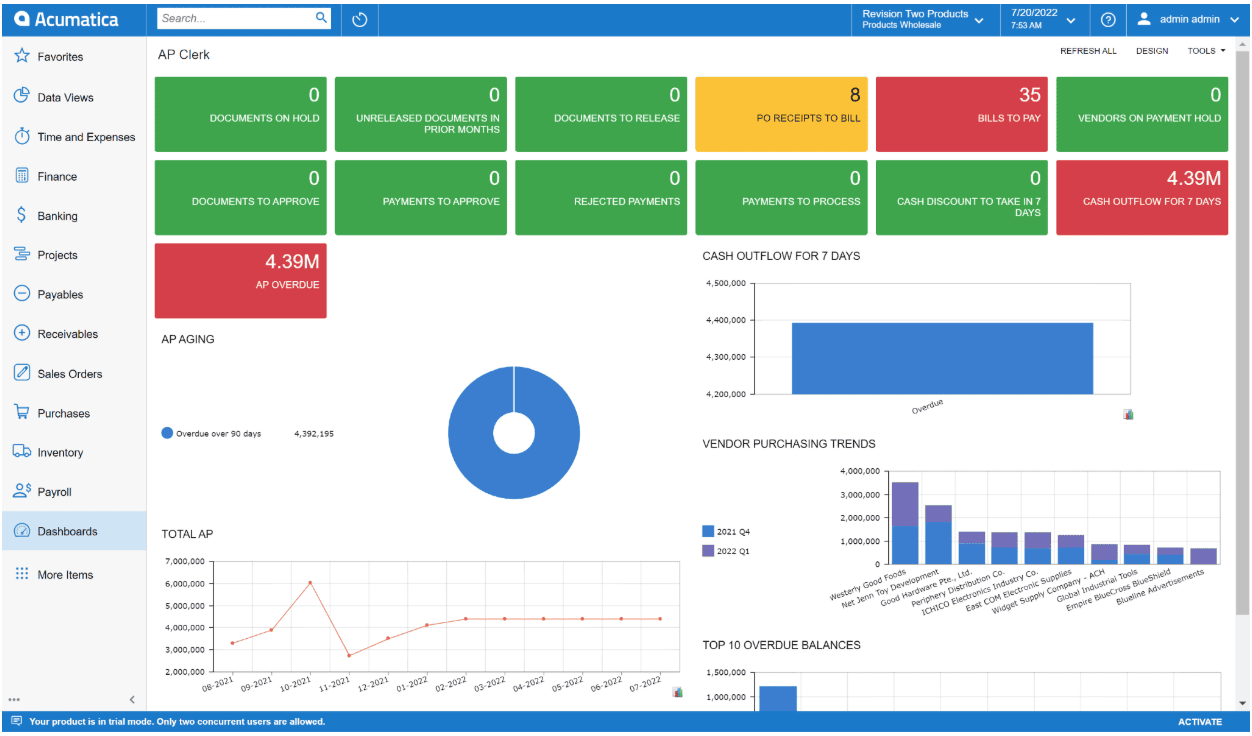
- Who it’s for: Fast-growing companies wanting a cloud-first ERP that can scale and flex with business complexity.
- Key strengths: Cloud-native platform; robust integrations; excellent scalability; good analytics tools.
- Pricing & free plan: Pricing on request; demo and trial access available through local partners.
7. Netiquette ERP
Malaysian SaaS ERP designed for SMEs, focusing on simplicity and core functionality. Affordable pricing and local customer support make it appealing for first-time ERP adopters.
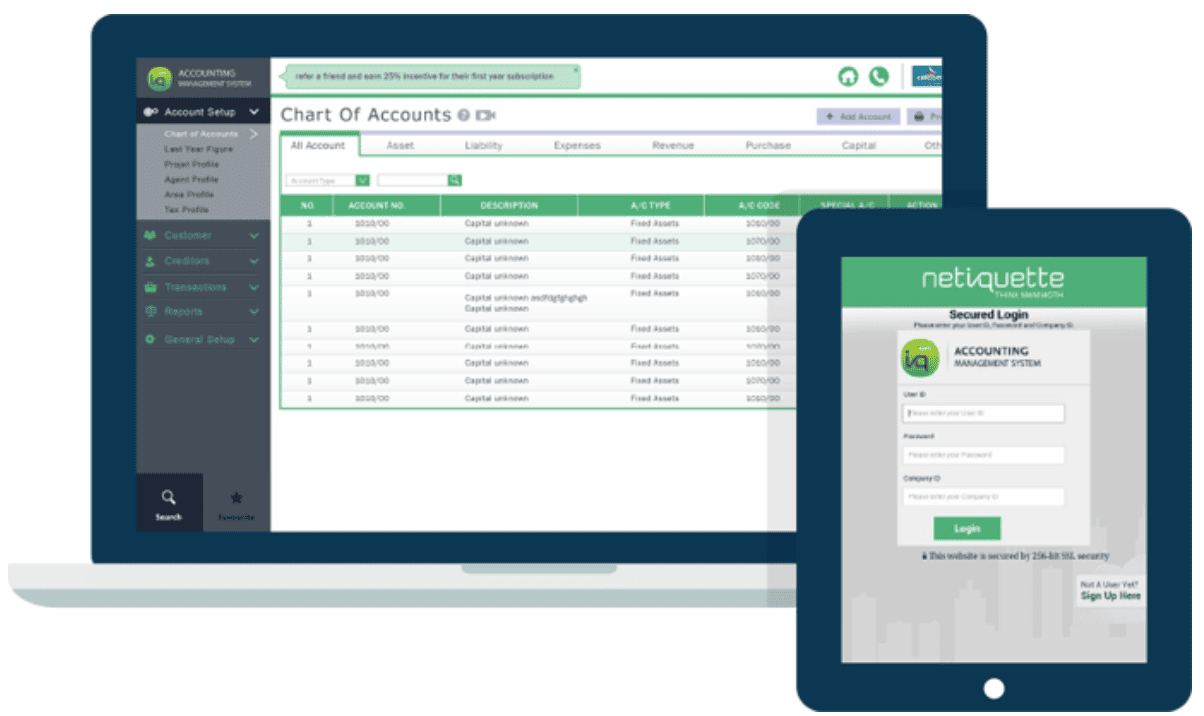
- Who it’s for: Malaysian SMEs looking for an affordable, SaaS-based ERP with simple deployment.
- Key strengths: User-friendly cloud ERP; targeted modules for inventory, sales, and finance; strong local support.
- Pricing & free plan: Subscription-based pricing (starting from approximately $185 per year); free trial or demo available.
8. Microsoft Dynamics 365 Business Central
Combines ERP and CRM features, tightly integrated with other Microsoft products. Best for companies already using Microsoft tools across their operations.
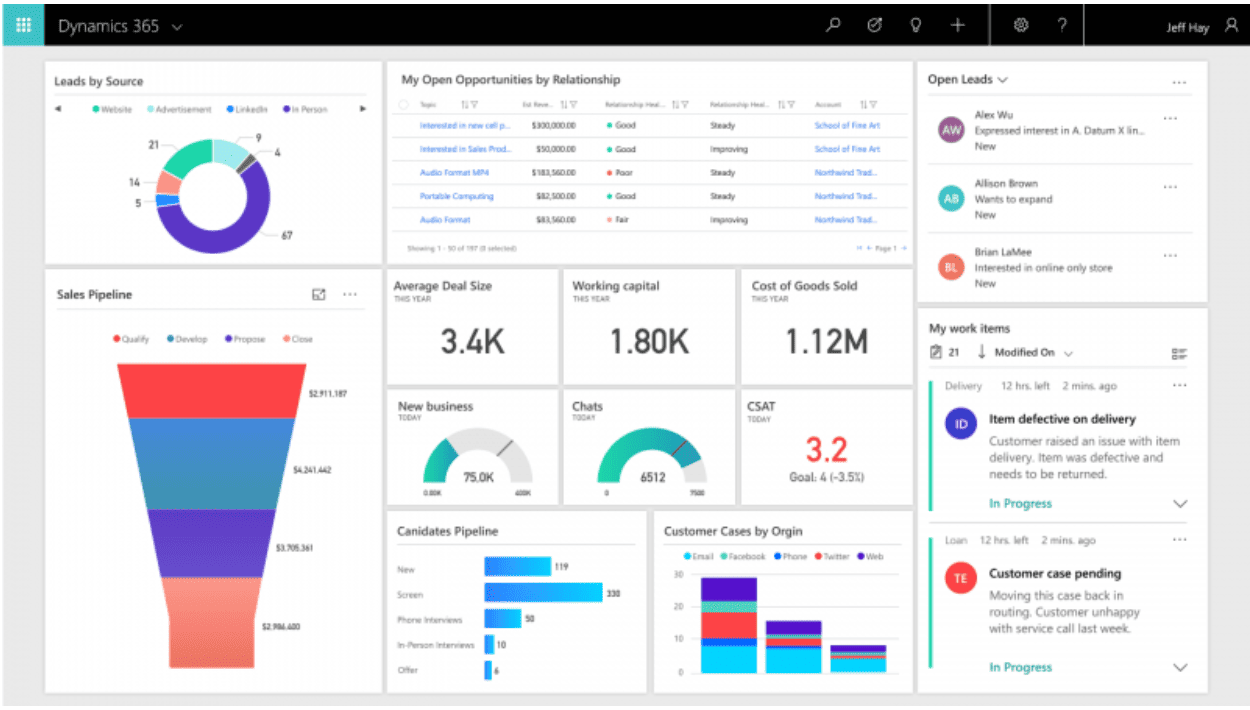
- Who it’s for: Companies heavily invested in the Microsoft ecosystem, wanting seamless ERP-CRM integration.
- Key strengths: Tight integration with Office 365 and Microsoft tools; wide module range; scalable cloud deployment.
- Pricing & free plan: Paid plans only; detailed quotes through Microsoft partners; trial access available.
9. Epicor ERP
Global ERP platform known for manufacturing and distribution capabilities. Local partners in Malaysia offer support and implementation services. Suitable for mid-sized industrial businesses.
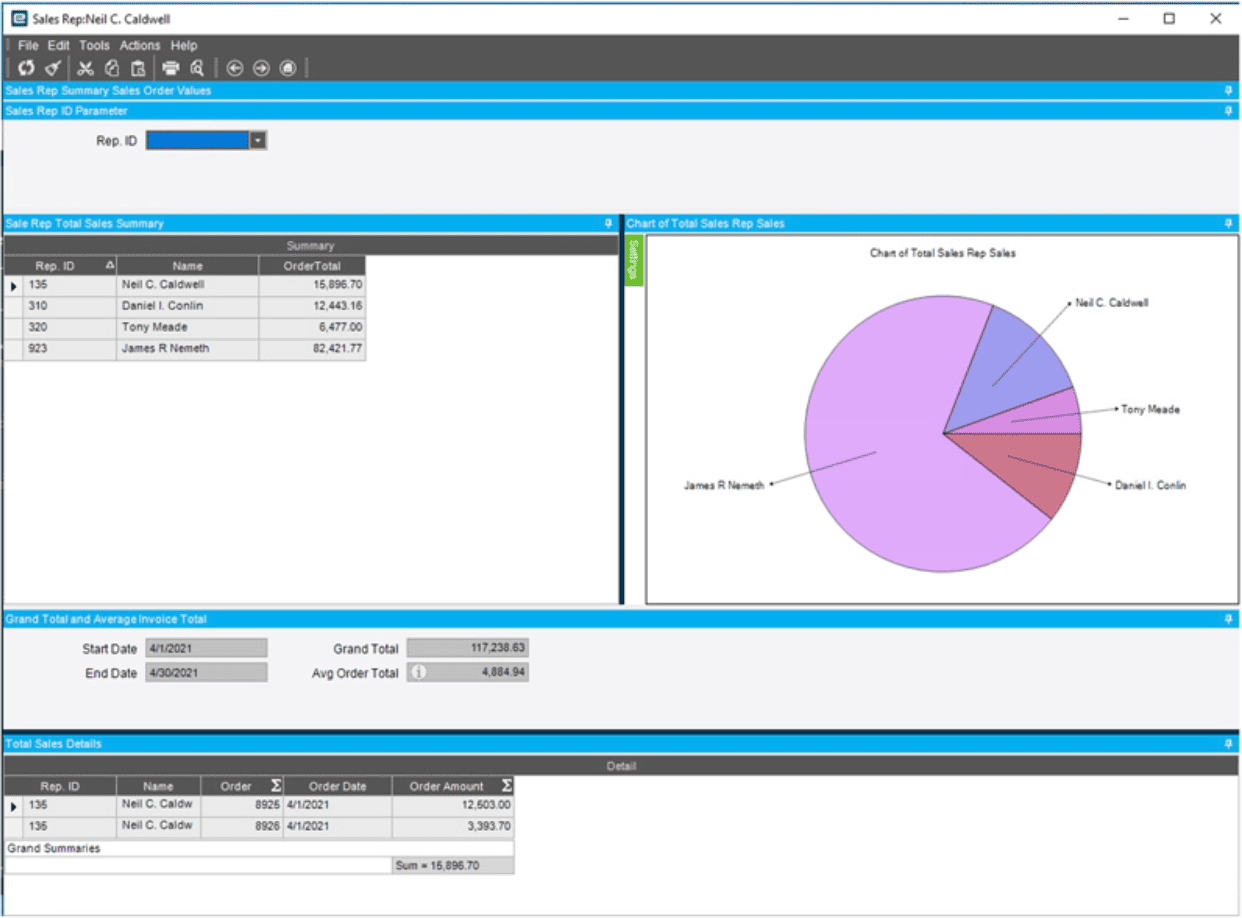
- Who it’s for: Mid-sized manufacturers and distributors seeking deep industry-specific ERP functionality.
- Key strengths: Strong manufacturing and supply chain modules; solid analytics; local partner network for Malaysian support.
- Pricing & free plan: Custom pricing based on business size; demos available through Malaysian partners.
10. Infor CloudSuite
An industry-specific cloud ERP platform featuring modules for manufacturing, distribution, and services. It is known for strong analytics and reporting. Best for companies wanting data-driven insights.
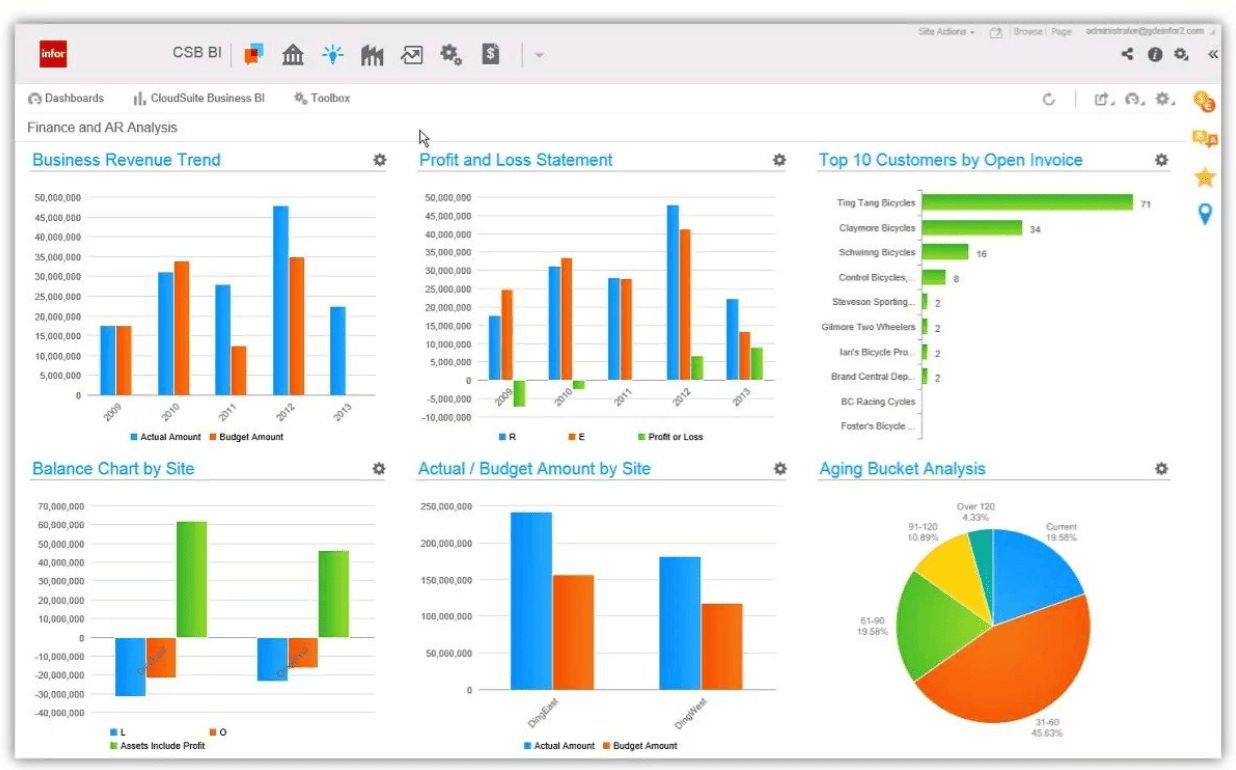
- Who it’s for: Mid-sized to large businesses needing cloud ERP with advanced analytics and industry customization.
- Key strengths: Industry-focused solutions (manufacturing, distribution, services); strong reporting; scalable architecture.
- Pricing & free plan: Custom pricing available on inquiry; demo access via local Infor partners.
How to Choose the Right ERP for Your Business
Picking the right ERP software in Malaysia takes more than comparing feature lists. A smart choice aligns directly with your company’s needs, not just what vendors promote.
First, look at where you stand as a business:
- Does your business classify as a small SME or growing into mid-sized operations?
- Do you work in manufacturing, distribution, or services?
- What pain points matter most: inventory tracking, finance, CRM, or production?
Next, run a self-check:
- Do you need a comprehensive ERP system, or would modular tools (such as just inventory and finance) work better?
- Are you moving away from spreadsheets or replacing an older system?
- Is local support critical for your team, especially if you operate outside Kuala Lumpur?
Watch out for a few red flags:
- Heavy customization without a clear ROI can quickly consume budgets.
- Vendors with poor local presence or no training support can leave your team stranded.
- Unclear data migration plans may risk losing historical records.
Remember, the right ERP system in Malaysia should fit your growth stage and budget, helping your team work smarter, and not adding unnecessary complexity.
FAQs on the ERP Software in Malaysia
Here’s a quick rundown of common questions from Malaysian businesses exploring ERP software.
What is the best ERP software in Malaysia for SMEs?
Options like Kladana, Netiquette, and SQL ERP are popular for SMEs due to local focus and pricing.
How do ERP systems help businesses in Malaysia?
They connect finance, inventory, sales, and operations into a single system, improving visibility and cutting manual work.
Which ERP vendors operate locally in Malaysia?
Vendors include Kladana, SQL, HashMicro, SAP partners, and Odoo resellers.
Is there ERP software with local support in Malaysia?
Definitely! Plenty of ERP vendors do provide Bahasa Melayu support and local implementation teams.
How much does ERP software cost in Malaysia?
Basic cloud ERP starts from a few hundred ringgit monthly. Enterprise tools cost more, depending on the modules.
What’s the difference between cloud ERP and on-premise ERP?
Cloud ERP runs online with remote access, while on-premise requires physical servers on-site.
Can ERP software integrate with SQL Account or UBS?
Of course, many local ERP systems offer integration with these accounting tools.
Which industries in Malaysia benefit most from ERP systems?
ERP systems can yield significant benefits for industries such as manufacturing, distribution, retail, and the food and beverage (F&B) sectors.
Is there a free ERP system in Malaysia?
Kladana offers a free plan for small businesses.
How long does ERP implementation usually take for Malaysian businesses?
Usually, it should take around 3–6 months. But again, a lot depends on the company’s size and complexity.
Where Kladana Fits for Malaysian SMEs
Kladana ERP is suitable for small to mid-sized businesses across Malaysia that need simple, affordable, and cloud-based ERP solutions.
A free plan is available, with support. This makes Kladana a perfect fit for SMEs seeking to transition beyond manual spreadsheets without incurring significant costs.
How Kladana Simplifies Production Planning and Scheduling:
✅ All-in-One Business Management — Manage inventory, orders, sales, procurement, and production from one connected platform built for growing businesses.
✅ Real-Time Inventory Tracking — Get accurate stock visibility across multiple warehouses and sales channels to prevent overstocking or missed sales.
✅ GST-Compliant Invoicing — Generate tax-compliant invoices, credit notes, and bills aligned with Malaysian regulatory standards.
✅ Easy Integration with Local Tools — Connect Kladana with accounting systems, CRM software, and logistics platforms used by businesses in Malaysia.
✅ User-Friendly Interface — Onboard your team faster with an intuitive UI that’s easy to use even for non-technical staff.
✅ Affordable for SMEs — Get enterprise-level ERP functionality without the high cost or complexity of traditional systems.
List of Resources
TMEF — Are Malaysian SMEs falling behind in the digital age?
